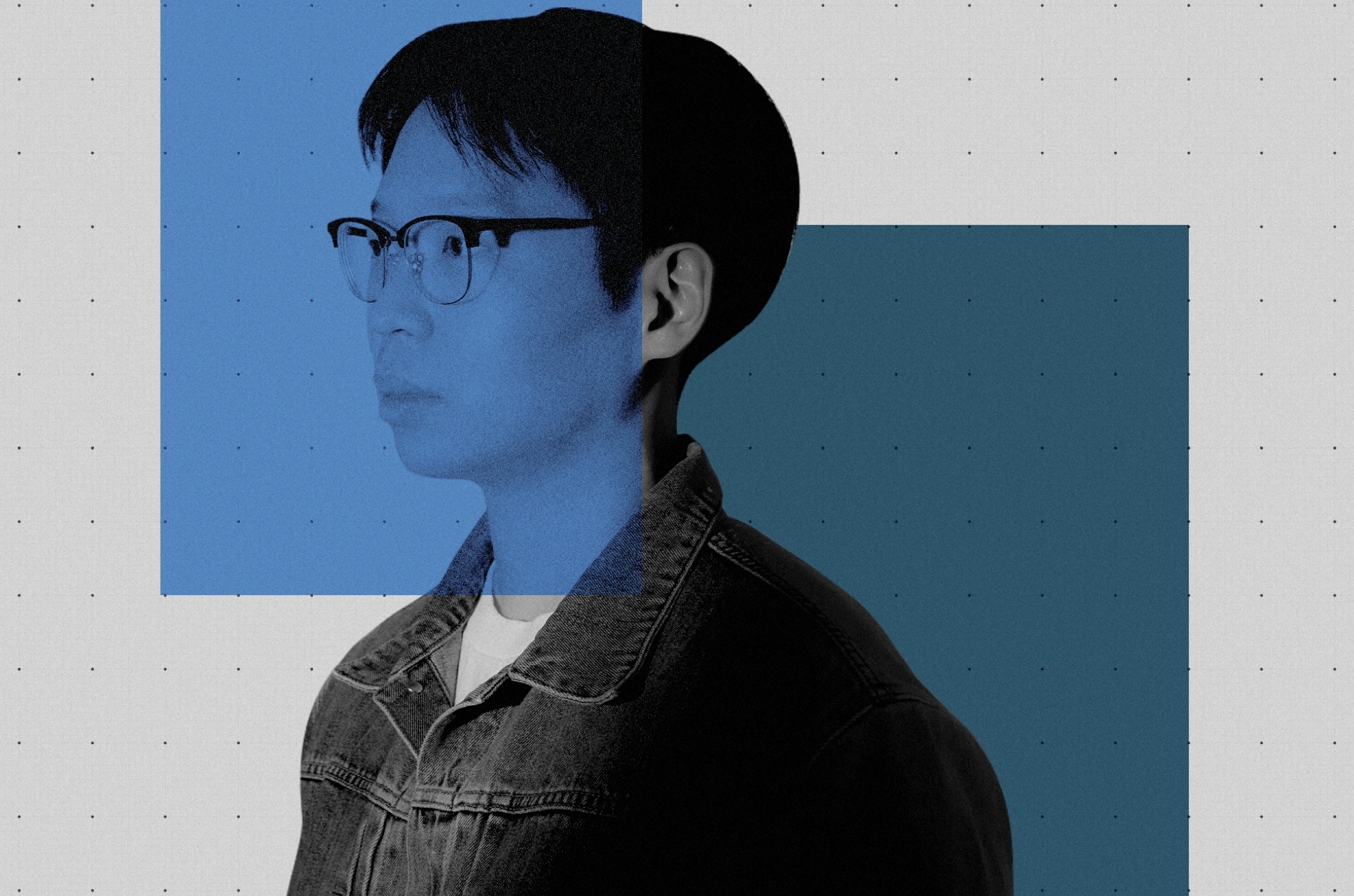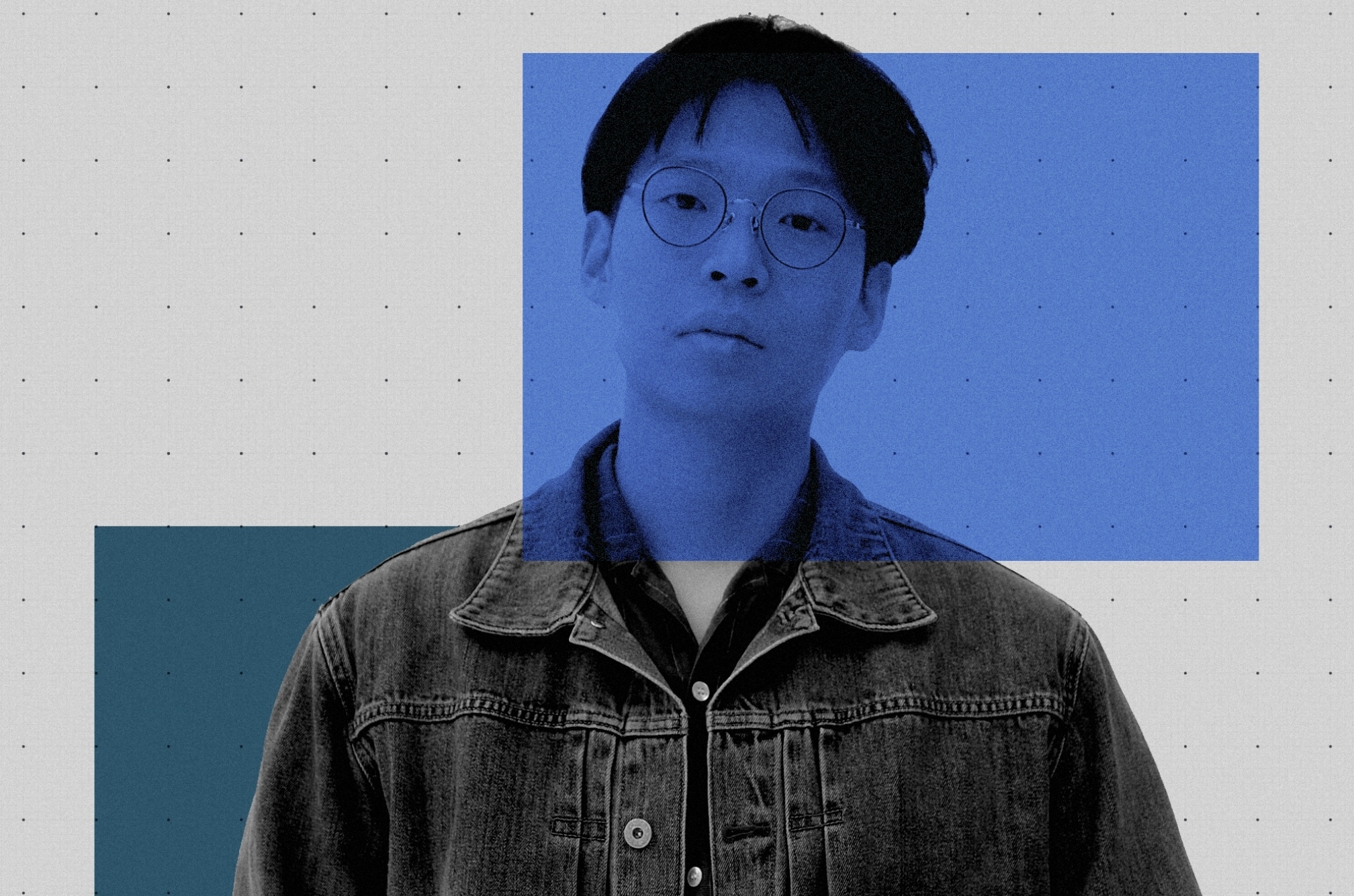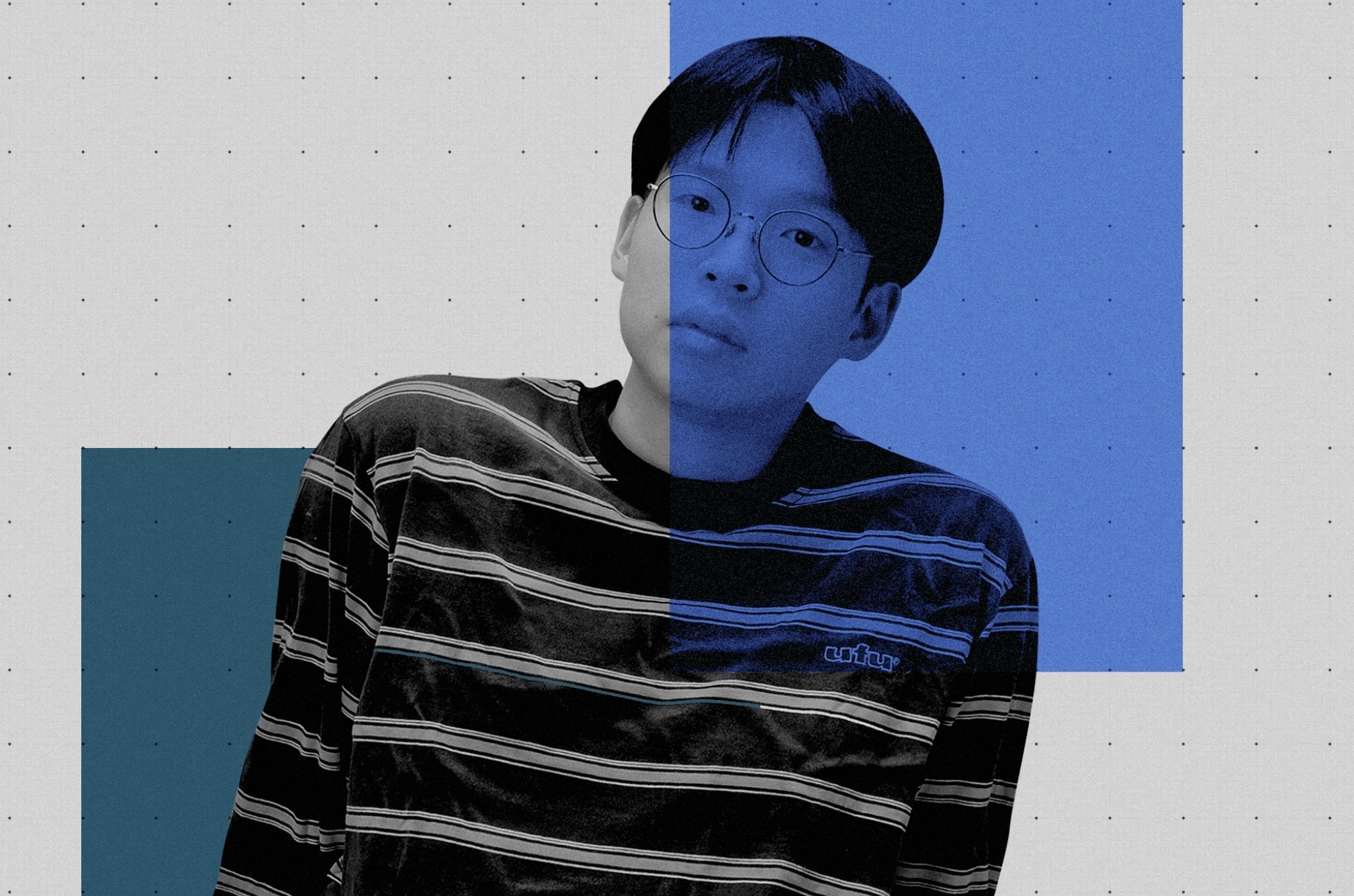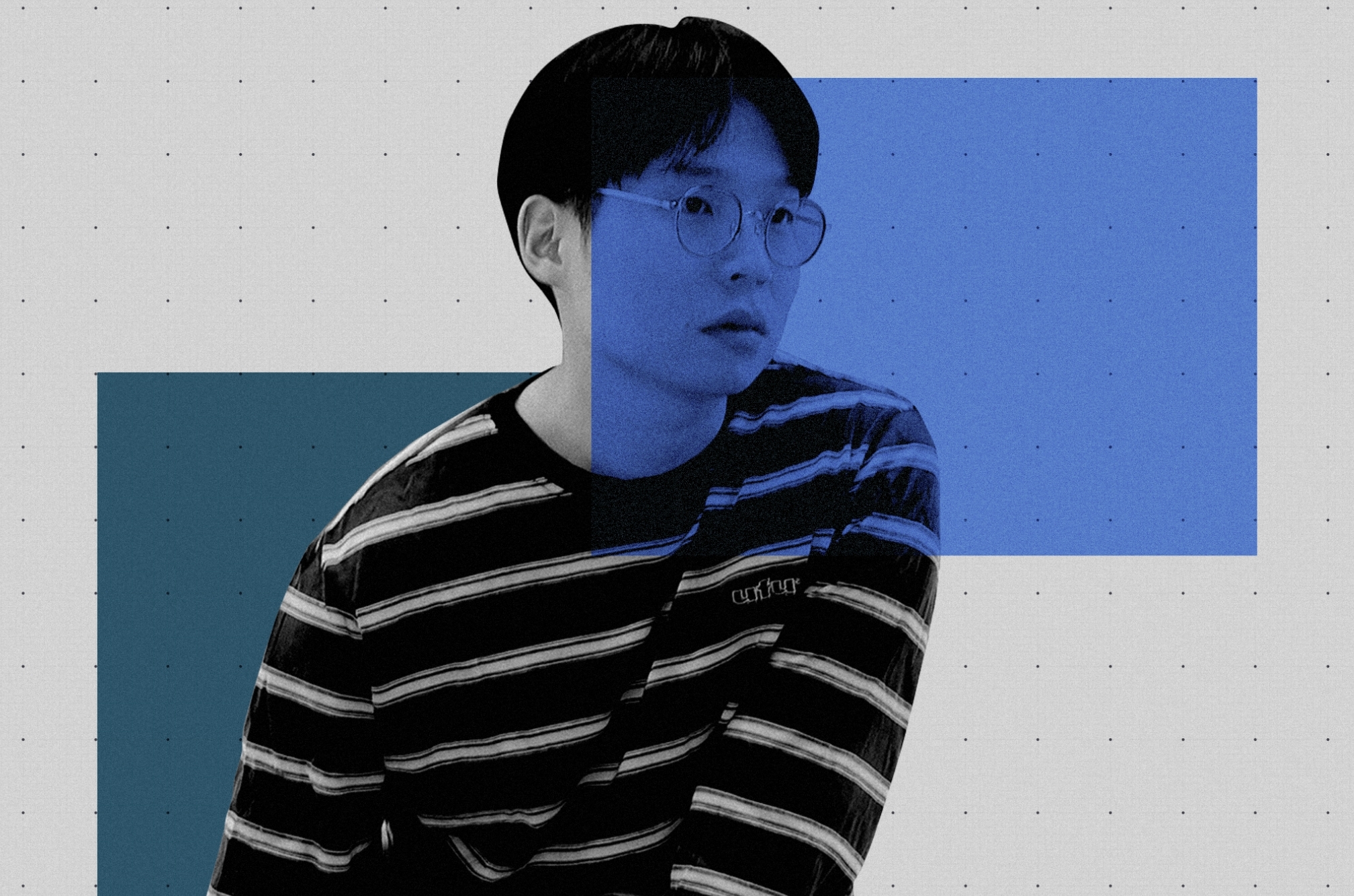 Features
Features
Inside the mind of Mogwaa: surfing genres with the fast-rising Korean creator
"I never imagined I’d make music with synths, drum machines and MIDI'
When a young Seungyoung Lee first witnessed the commercially-led soundscapes and glittering videos piped into his home via MTV, he had little or no idea of the musical pathway that awaited him. Lee, better known by his Mogwaa production alias, has been turning out stylistically varied and proudly individual music since 2017, with a steady stream of releases arriving via some of the dance underground's most collectable boutique labels. From entries on US boogie purveyors, Star Creature and meta-disco specialists MM Discos to appearances on imprints closer to home, including Gudu, Klasse Wrecks and More Rice, each release from the Seoul-based artist brims with individuality and musical flair.
Once the music bug truly took hold, it was guitar-based artists who first inspired Lee. “Other friends my age were into rock music at the time, [but] I was into Funk, Latin and Reggae music,” he says. Hugely influenced by Parliament-Funkadelic's Eddie Hazel, and wowed by an expansive cast of acts – including funk/soul specialists Ohio Players and Shuggie Otis, Latin jazzers Ray Barretto and Tito Puente, and reggae royalty Bunny Wailer, King Tubby and Alpha Blondy – he began learning to play the guitar. “Back then, I thought I’d be a guitarist forever. [I thought that] MIDI is evil, I never imagined I’d make music with Synths, Drum machines and MIDI.”

Lee joined a
soul/jazz and funk band with some friends, but after a few years of
playing together, he started to realise that composing music alone
would offer him more scope and stylistic freedom. At the time, he was
enrolled in an alternative form of Korean military service, but he
put his time and money to good use, plotting to populate his studio
with a choice set of production equipment. “I saved money during
the service and I bought gear as soon as I finished and started to
explore. It was the year 2012 and took almost five years until my
debut since I had to learn everything by myself.”
The first piece of kit he bought was the trusty Juno 6, and the synth continues to serve as a talisman for him when deep in the compositional zone. “It was like a 4-hour round trip on the train [to buy the synth] and the seller didn’t have any case with it. I still remember that day so well. I sometimes use it and sometimes not, but it has to be there. Like a lucky charm.” Mogwaa's sound is rooted in analogue warmth, so it comes as little surprise to learn that, although he uses a computer for editing, his studio is based around a hardware set-up. “Every sound from the music I make is from hardware, but I record them on the computer and then edit [them] there.”
The centrepiece of
his studio is another iconic hardware staple – the Akai MPC, and
the unit continues to serve as the cornerstone of his sound. “I
really love the MPC, so I always start from the MPC when I make
tracks. It gives a certain vibe. Many people think MPCs are for
sampling and making hip-hop, but it’s a great sequencer for making
electronic music as well. It’s like the heart of my studio setup
and live setup.”
Aside from an authentic hardware sound palette, it can be refreshingly challenging to adequately describe Mogwaa's particular sonic flavour, flitting, as it does, so supply between generic parameters. Lee himself recognises this, and trusts that his powerfully individual music stands up as a style of its own. “It’s always such a challenging question to answer when people ask me to describe the style of my music because I love to travel around [and] between genres. So it’s not like me just copying a certain style or genre, I try to put my [own] style when I make music and I spend a lot of time doing so. So, no matter which genre the track is, I really hope people take my music as my style.”
His raw but
musical sound is endowed with a tangible synth-funk feel, and,
fittingly, Lee names the late, great Prince as one of his production
idols. Though he suggests his list of influences is too long to
itemise, he suggests that his friends and peer producers contribute
much to his creative thrust. “These days, my friend producers like
Go Dam, Benedek, Jamma Dee, Acidwork, Mr Ho, Jesse You, Sarayu and
Dott [are some of my biggest influences]. “We always talk about
gear, techniques and life so, I get a lot of inspiration from
them.”

Other than his pan-Asian creative clique, Lee's hometown environment provides plenty of inspiration, with the ground-level scene in Seoul having returned to its pre-pandemic highs and continuing to evolve and grow exponentially. “There are so many good new clubs, DJs and events these days. It's even more active and diverse. I’d like to name Modeci and Cakeshop as key venues. Both have been supporting the local underground scene and artists for a long time, and they always have unexpected and quality curation.”
Korea has for years been known as fertile ground when it comes to nourishing homespun talent, and while Mogwaa doesn't feel able to offer any particular clues as to the country's sonic secrets, he does name some of the artists whose work he feels Mixmag Asia readers ought to explore. “Acidwork, Go Dam, Pyramid of Knowledge/K.O.P 32 and Seo John. These are [some] Korean and Korea-based artists I really love and recommend.”
Outside of Korea, other Asian territories are blossoming with musical talent, with the collective movements more dynamic and connected than ever before. “This is what I feel about the Asian scene in general, and locally, I feel it’s really exciting to see how people gather and produce their style. Like, I really love the compilation that the UNSTๆ crew from Bangkok released. It was such a pleasure to listen to the whole compilation and feel the musical visions they share in their community.”

Though humbly highlighting the achievements of his audio compadres, Mogwaa himself has plenty to be excited about, his high-grade releases having caught the ear of one of Korea's most celebrated DJ exports. Peggy Gou is a certified fan of his work, so much so that she's found room on her Gudu Records roster for Mogwaa's 'From Above' EP. “Peggy has known ‘Mogwaa’ for a while but actually, she didn’t know that I’m Korean [until] one of our mutual friends told her that when she came to Seoul. Then she reached out to me after and started to discuss the release from Gudu. The synth-heavy EP features four trademark Mogwaa jams, occupying the space somewhere between deep house and Balearic disco, and represents another impressive notch for the fast-rising artist.
On top of this, performance is very much back on the table following the lifting of pandemic-related restrictions, and Lee has been enjoying working the crowds and dancefloors once more. “I performed quite a lot this year. And I started to perform more dance floor friendly and DJ-not-DJ style, not like playing song-by-song style I did before.” The debut of his new live show at Modeci was a recent highlight, as was a recent appearance for streaming titan, Boiler Room. “I could feel the energy and how [the] crowd [was] dancing and vibing that night.”
Never one to rest on his laurels, there's plenty more to
come from Mogwaa in the coming months. His new WALLS AND PALS imprint
– launched with Jesse You – has just released the new 'Pals FM:
Floor Materials Vol. 1', containing tracks from the label co-owners
alongside GUCHI and Mr Ho, with the second instalment due by the end
of the year. Elsewhere, more solo releases are on the way, including
an intriguing cassette tape project. “I’m working with a 4-Track
Multitrack Cassette Recorder without midi or computer. Just me
playing guitar, bass and Wurlitzer, plus a rhythm box, so hope you
keep an eye on that.”
Consider our eyes well and truly peeled, Mogwaa.


